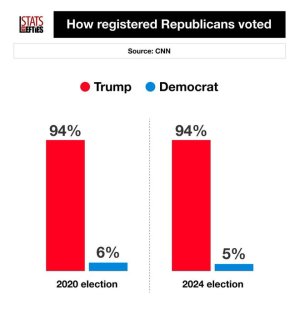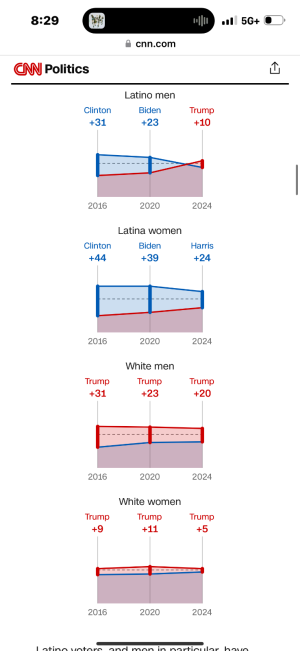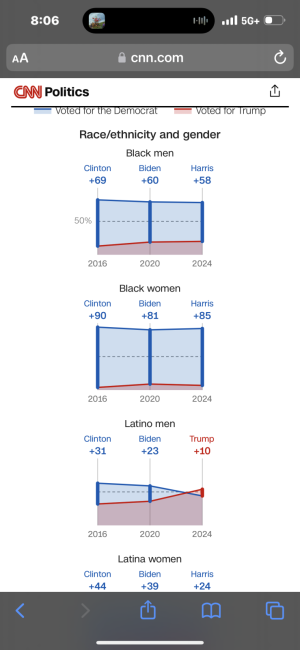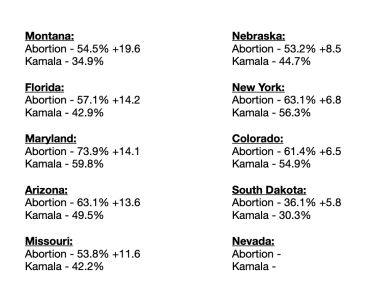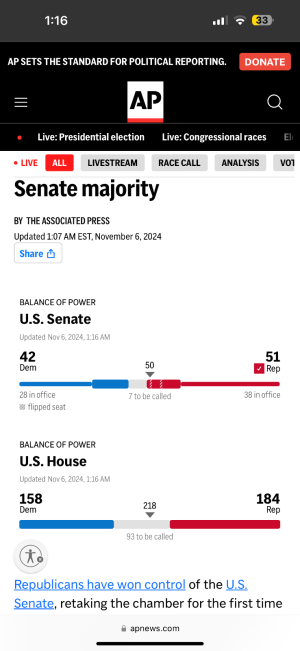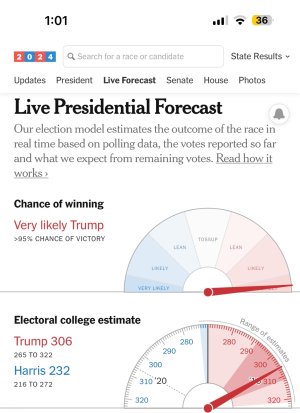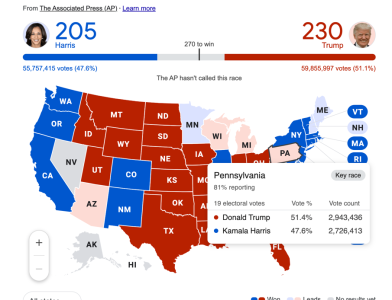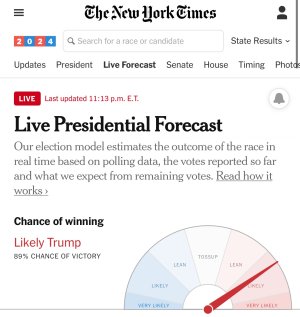- 18,385
- 34,054
ok.at least Rex understands if u keep playing da identity politics to folks who just care bout their pockets, and not have a economic
whether we like it or not and regardless of whether the government tries to intervene to stop free market forces, your job as you know it will be obsolete in our lifetimes.
Democrats need to put forward a serious plan for retraining the work force. the government doesn't need to do the retraining but they should incentive modernization of the labor force.
evidence? people who talk about doing the same job as their fathers, whether it is coal mining or truck driving or farming. if we don't retrain them, we a) lose part of our labor force, and b) lead to a disgruntled generation that will turn to extremist/terrorist groups like Isis and the alt-right. so this is both an economic agenda and a national security issue.
the free market will maximize profits, which will naturally lead to some retraining of the work force, but it is not their goal and they will cut benefits or take other measures that undermine our stated goals.
deregulation isn't a direct fix as it will have both positive and negative consequences.
and inevitably as technology improves and we move into a new economic age we will need more government social programs to buffer the harms of rapid economic turnover (for example, a parent needing to go back to school for a year to get trained for a new job skill).
while Democrats haven't articulated a perfect plan yet, they are doing a much better job than Republicans at recognizing the problem and offering substantial and realistic solutions.
thinking that deregulation is the fix is like a chef adding ketchup to an overcooked steak. it's a decent improvement for the short-term problem but doesn't address the core issues.
overall productivity of our economy is already fine. we need to create an environment that encourages risk-taking (to foster long-term growth) while at the same time mitigating major risks (like someone not receiving preventative health care and unnecessarily losing their contribution to the workforce, or an economic collapse like the housing bubble. in general regulation helps mitigate these risks). adding an extra 1% to gdp sounds good but if it is done at the expense of increased risk of an economic bubble, then it is a terrible trade-off.
Last edited:









